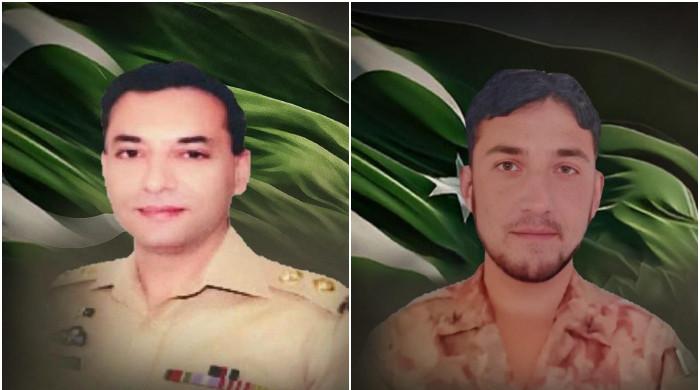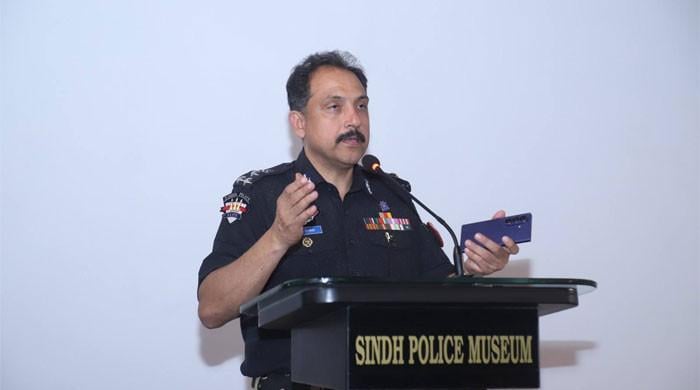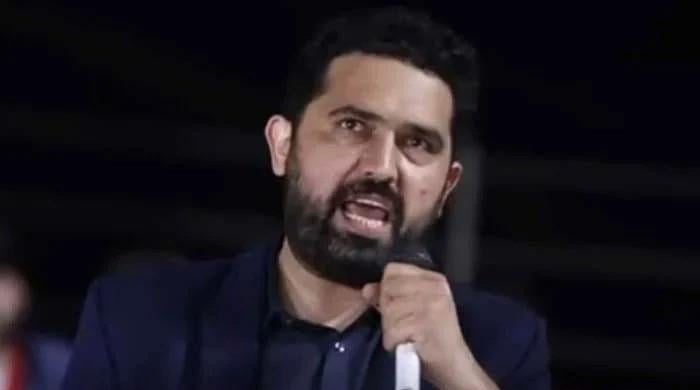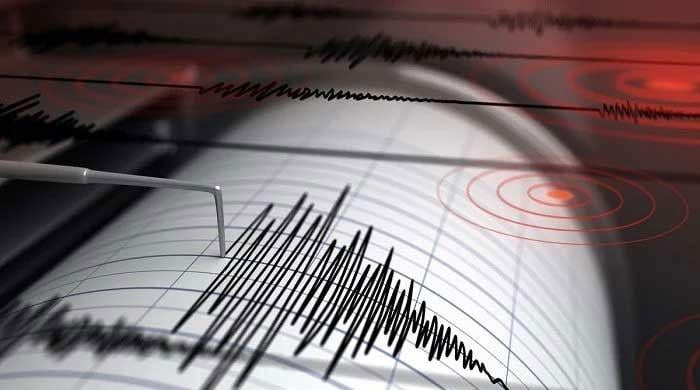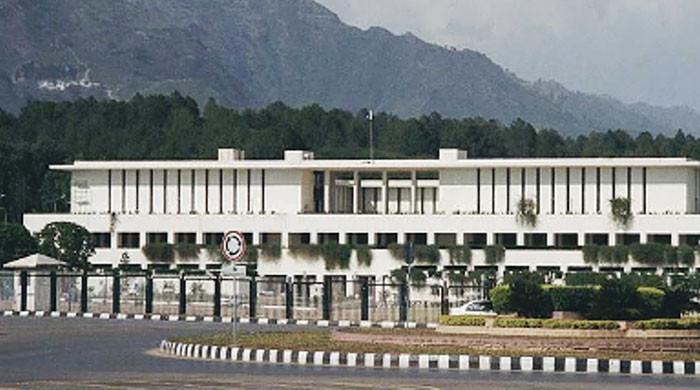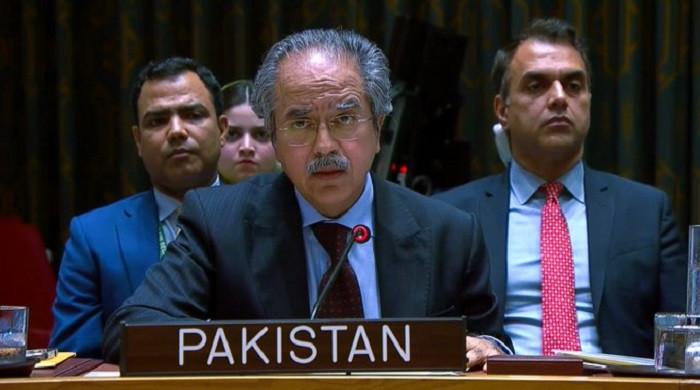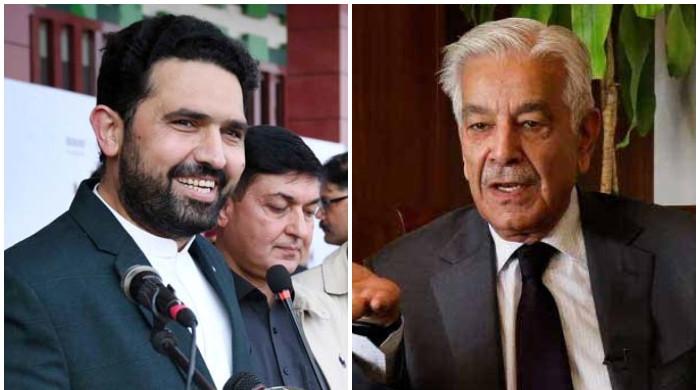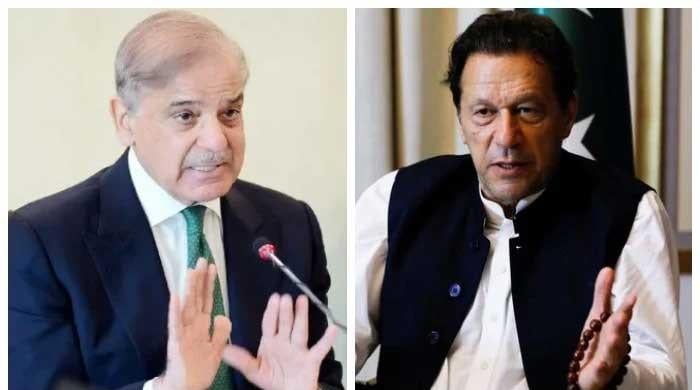Rehman Malik demands Nawaz retract 'Mumbai attacks' statement
Former interior minister claims Indian spy agency RAW orchestrated 2008 Mumbai attacks to divert attention from atrocities in held Kashmir
May 14, 2018
ISLAMABAD: Senator Rehman Malik demanded on Monday that former prime minister Nawaz Sharif should retract his statement about the 2008 Mumbai attacks of 2008.
Nawaz, in a newspaper interview, had questioned the delay in the Mumbai attacks trial and role of non-state actors in the terrorist attacks.
In a press conference, the former interior minister and Pakistan Peoples Party leader said he is not here to speak against anyone.
With regards to the Mumbai attacks, Malik stated that he made a joint investigation team to probe the case but India stalled the investigation by refusing to record primary suspect Ajmal Kasab’s statement before his hanging and failing to provide evidence against the suspects.
He claimed that India orchestrated the attacks to take the world’s attention away from the atrocities committed by its forces in occupied Kashmir.
"The Mumbai attacks were a sting operation by [Indian spy agency] RAW," said Malik, adding that India foments terrorism inside Pakistan by sending serving officers such as Indian spy Kulbhushan Jadhav to conduct anti-state operations.
Moreover, he claimed that Indian agencies prepared the David Headley syndicate to carry out the operation, referring to the jailed double agent who was associated with Lashkar-e-Taiba as well as the American government.
He reiterated that Pakistan is not in any way involved in the Mumbai attacks.
Pleading Nawaz to take back his "hurtful" statement, Malik wondered what the three-time premier will do if the United Nations summons him to explain his remarks.
"Nawaz should have mercy on the nation and take back his statement," he said futher.
The senator then called for "unity as a nation" to defeat India’s designs against the country.
Earlier, on Sunday, Malik had said in a statement that Nawaz's remarks were "extremely irresponsible".
"The Pakistani state does not have any role in these attacks," he had said.
He had also called for Nawaz to be briefed on the definitions of "state and non-state actors".




